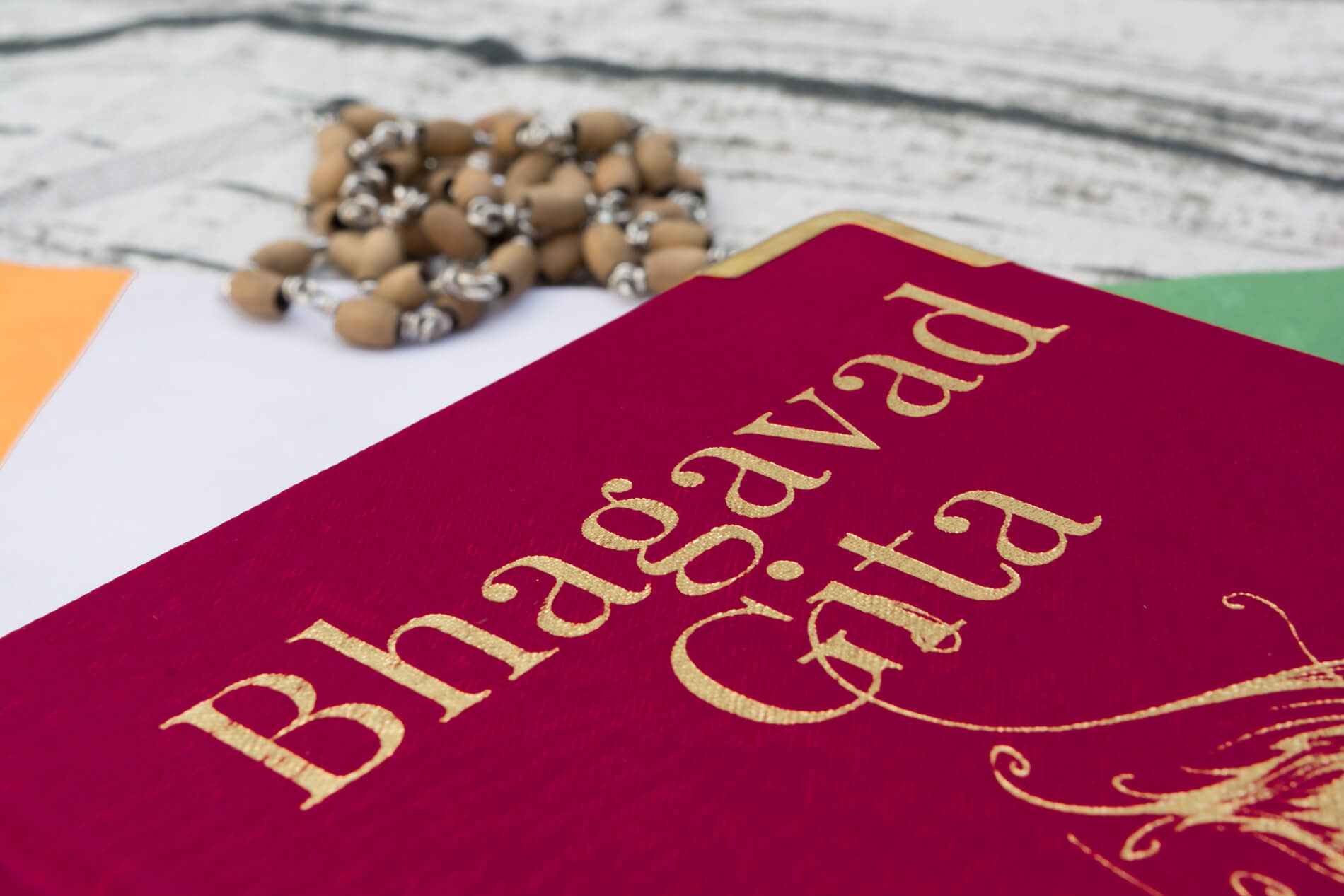Posted on May 27, 2020
The Bhagavad Gita – A Lesson in Surrender
Bhagavad Gita is a powerful and unforgettable work with 700 verses in 18 chapters. This is an epic poem that reflects the dialogue between Krishna, known as the highest being in Hinduism, and his friend and worshiper Arjuna.
If you want to study Bhagavad gita, then you may get info about how to study bhagavad gita at https://www.hua.edu/product/introduction-to-bhagavadgita/.
This is a great story of a battle between two large families, written in the form of a conversation between Prince Arjuna and his train driver who, despite his disguise, is actually the great Lord Krishna.

Arjuna must decide whether to fight against his own family to pursue good or to be sacrificed. Krishna, the defender of the devil in this case, told Arjuna that this was actually about letting go of your higher self, not about attachment to his family. He also had to surrender to the role of karma as a warrior and follower of Krishna.
Unlike Jesus' warning to his followers to fill their pallets, surrender their families if necessary, and continue their spiritual work. Likewise, we face this moral dilemma in real life.
When we are in hopeless difficulties because of our love for our children or our families, we sometimes have to take the "higher road" and follow our own moral and ethical principles.
As Krishna Arjuna said, he must not only obey his duties in the world, but also surrender to the role of karma as a warrior and worshiper. We are not only members of a group or family, but also individual souls who are trying to fulfill our karma.
Therefore, the Bhagavad-Gita story is not just an ordinary mythological story. It has great lessons and principles to teach us all as spiritual warriors in this life.
